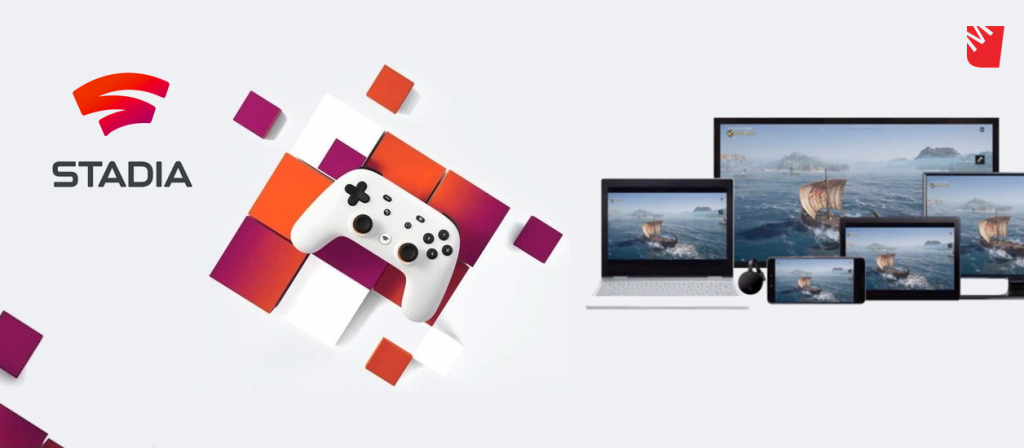Ever since Google first announced Stadia as a cloud gaming platform, plenty of gamers and industry pundits have made their concerns clear about the service. We haven't heard as much chatter directly from developers but that changed this week thanks to a new report, sharing that developers have familiar concerns about Stadia.
While Stadia has a few big games available to date and a few more just on the horizon, its library is still very small. Some of that comes down to Google's inability to create a compelling offer for prominent indie developers and even some publishers. Business Insider spoke with a number of developers and publisher reps to learn about these concerns, some of which come down to lack of financial incentives, while others are worried about Google's long-term commitment to the platform.
As one anonymous indie developer, Stadia did approach in an effort to get their game on the platform but the incentive to do so was “kind of non-existent”. One publisher source also said that when Stadia approached them, it made an offer “so low that it wasn't even part of the conversation”.
Financial incentives aren't the only factor that developers and publishers are considering though. Audience size is a big one. As a new platform with no ‘killer app', Stadia doesn't have a large dedicated userbase that attracts developers, putting it at a disadvantage compared to the likes of Steam or even the Nintendo Switch.
The final and unprompted concern that sources reportedly shared was Google's poor track record with major services. Many consumers have ran with the idea that Stadia will be dead in a year or two because Google has a habit of abruptly killing off experimental products and services. It turns out that developers and publishers are also worried about this, with some not wanting to begin working with Google yet because Stadia could easily be gone in a few years time.
Discuss on our Facebook page, HERE.
KitGuru Says: Google has buried plenty of products over the years, so I'm not too surprised to see some industry concern here. However, Stadia is still growing, so perhaps the conversation will look a little different this time next year.
 KitGuru KitGuru.net – Tech News | Hardware News | Hardware Reviews | IOS | Mobile | Gaming | Graphics Cards
KitGuru KitGuru.net – Tech News | Hardware News | Hardware Reviews | IOS | Mobile | Gaming | Graphics Cards



